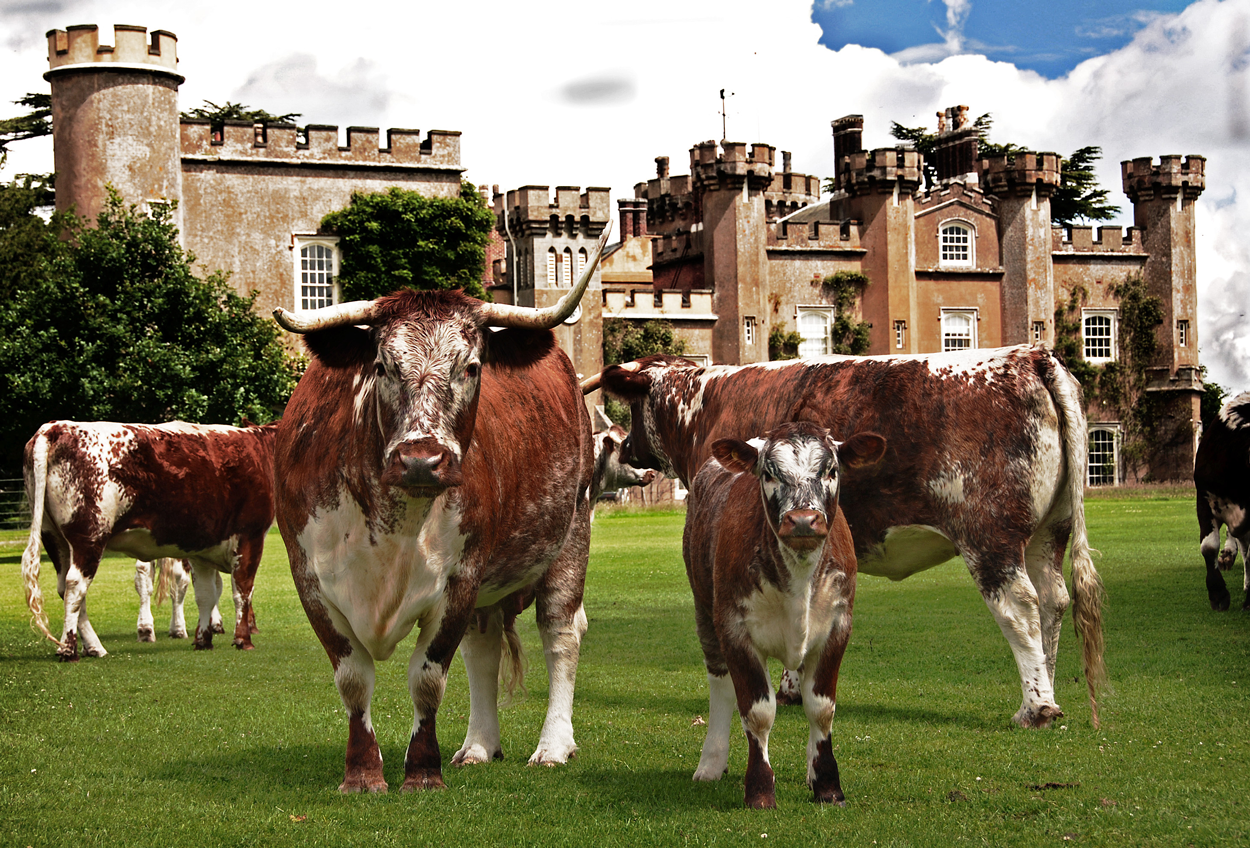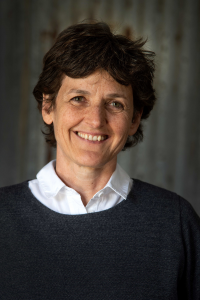
Few books have been so influential in engaging the public in the evolving conversation about farming and the environment as Isabella Tree’s Wilding.
It provides a vocabulary and snapshot of our understanding of humanity’s impact on nature and the environment. It gives voice to the importance of working in concert with nature not against it.
Isabella’s book Wilding invites us to celebrate the majestic and the infinite as it charts the re-wilding at Knepp from the role of the Tamworth pig and Longhorn cattle in restoring the natural landscape to the beauty of the network of underground mycorrhizal fungi which nourish plants and even allow them to communicate with one another if left undisturbed in the soil.
Earlier this year I was fortunate enough to be invited on a bird safari at Knepp. As dawn came, with the frost thick on the ground, we walked out into the estate with our expert guide. Amongst the scrub and woodland we were greeted by the songs of Nightingales and Turtle Doves which despite a huge decline in numbers are breeding at Knepp.
I was fortunate to catch up with Isabella Tree at Knepp a few days later. It is difficult to find the vocabulary to adequately describe the profound sense of communion with the landscape and nature which I experienced that morning, it was something of an epiphany.

Isabella speaks passionately about how important it is for our emotional and spiritual well-being for all of us to be re-connected with the land, and the unexpected blessings which they have witnessed through re-wilding at Knepp with the rapid return of rare plant, insect and bird life. She explains that since the war and Dig for Victory successive governments and policy makers have prioritised food production without fully understanding the consequences for the long-term fertility of the land and its soils. Isabella explains how quickly the land recovers if it is allowed to re-wild even in the short-term.
These views chime with the public’s growing concerns about climate change and the environment. The Wilding project at Knepp provides some answers and insights as to how the poorest land might be repurposed. However, as we seek to feed an ever growing nation at a price that people and the environment can afford wilding in its purest form will not be able to be replicated everywhere. But its ethos resonates with the existing diverse approaches and best practice of the majority of our county’s mixed farms which are employing traditional methods like seven year crop rotations, maintaining ancient chalk grasslands, scrub, hedging, woodland, cover crops and grazing livestock as well as cutting edge technology to maintain and improve our soils and countryside. Balance and sustainability are the two words I most often hear spoken by this cohort of contemporary farmers who seek to produce food for the nation whilst creating a patchwork quilt of nature corridors and giving poor and unproductive land back to nature, with the inevitable benefits that conservation and wilding brings.
As I leave Knepp a herd of Longhorn cattle cross the drive and wander off into the estate. I feel like I am witnessing a scene out of Africa and I am once again humbled by the experience.
If you haven’t read Wilding by Isabella Tree yet it really should be top of your book list. To find out more about the Wilding experiment at Knepp, its work and safaris visit www.knepp.co.uk.